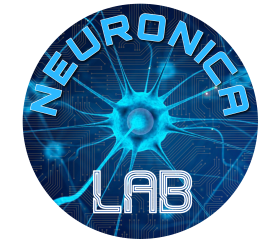Nowadays, acute kidney injury (AKI) is a very frequent syndrome, especially in intensive care units, which is associated with high mortality despite therapeutic advances. The diagnosis of AKI is often late because the diagnostic criteria are also based on changes in serum creatinine, the slow increase of which constitutes an important limitation. The aim of this study is the development and validation of prediction models to support decisions in the medical field, in particular concerning the early diagnosis of AKI in patients admitted to intensive care. In the first part of this study, after a consistent preprocessing phase on a public database, MIMIC-III (Medical Information Mart for Intensive Care), relating to the physiological parameters of 58 thousand hospitalized patients, a final dataset was created, suitable for the phases of training and tests related to supervised learning algorithms. Patients present in the latter were labeled on the basis of the guidelines for the prevention, diagnosis and therapy of acute kidney injury syndromes [“Kidney Disease: Improving Global Outcomes” (KDIGO)]. In the second part, based on what was done in the first, a data analysis was conducted using machine learning algorithms. The most performing algorithm on the basis of various metrics used will be integrated into an innovative monitoring system currently under development, which will collect urine measurements every hour and will make a forecast on the renal health status of the patient after the first six. patient in the following 12, 24 and 48 hours.
AUTHORS: Angelo Savoca, Salvatore Cavalli
ADVISORS: Valentina Alice Cauda, Eros Gian Alessandro Pasero
DEGREE COURSE: Master’s degree in Computer Engineering
ACADEMIC YEAR: 2019/2020
